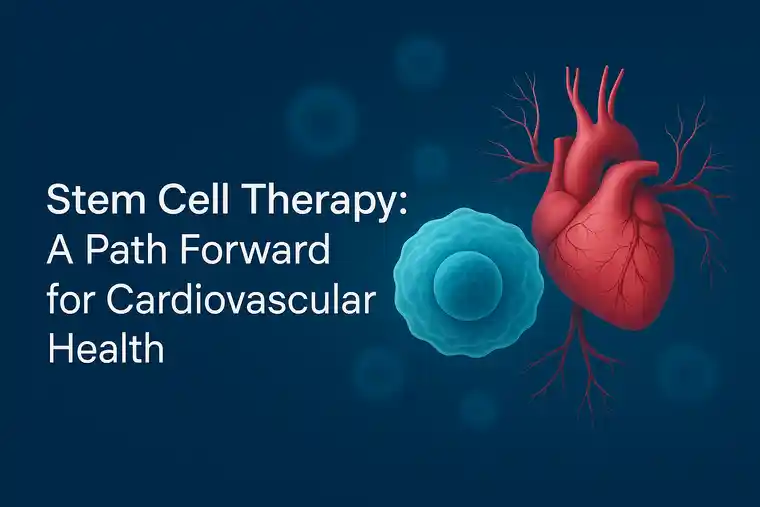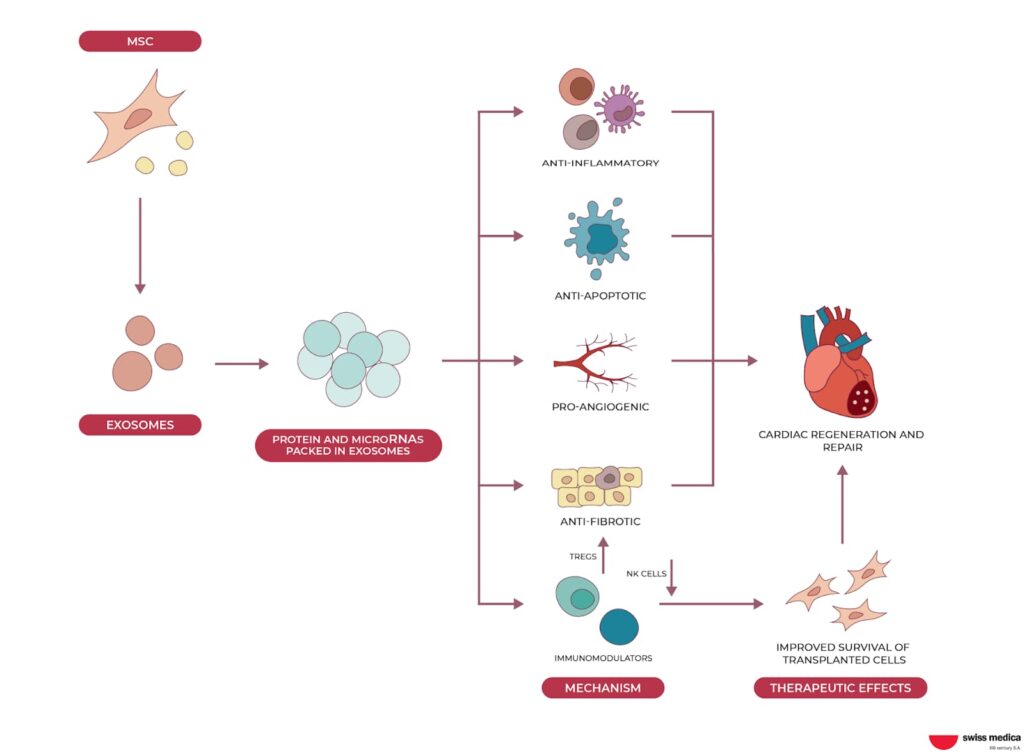Table of Contents
Damage to the heart muscular tissue from lowered blood flow. Weakening of the heart muscle mass. Traditional treatments take care of signs and symptoms and sluggish disease progression yet rarely address the root issuedamaged heart tissue. This is where supplies brand-new hope, targeting the underlying damages and promoting long-lasting repair service. stand for a revolutionary step in dealing with heart diseases.

Our process consists of: We begin by extensively reviewing each person's clinical history, existing heart function, and general health. This includes sophisticated diagnostic imaging and screening to establish the level of heart damage.
Many individuals report much less fatigue, boosted breathing, and far better physical stamina. By addressing the origin creates, stem cell treatment minimizes the risk of future cardiac events.
We combine stem cell treatment with corresponding therapies for detailed cardiac care. Every treatment strategy is customized to deal with the special demands of each individual. Among one of the most usual concerns we obtain is, While no treatment can ensure complete reversal, have shown significant potential to repair damaged cells, lower inflammation, and boost general heart feature.
Stem cell injections for Peripheral Artery Disease with minimal downtime
Heart illness is a leading cause of in the United States and worldwide. In the United States alone, nearly 1 million people died as a result of cardio condition in 2021 (one of the most current year for this information). Around the world, that number rises to 17.9 million annually. For many individuals, conventional therapies offer hope and assistance.
Today, scientists concentrate on 2 main types of stem cells: grown-up stem cells and embryonic stem cells. Grown-up stem cells frequently come from bone marrow, fat tissue, or also straight from the heart.
Grown-up stem cells are additionally much easier to accumulate and have fewer moral concerns. However there's a drawback. They're not as versatile as embryonic stem cells. They aren't as able to turn into different kinds of cells, which can restrict effectiveness when it involves tissue repair work. Embryonic stem cells can transform into any type of kind of cell, including heart cells.

One more concern is the opportunity of creating tumors if these cells don't distinguish correctly after implantation. The large inquiry is, does stem cell treatment really work for heart repair?
Research study outcomes are combined. While some clients see considerable benefits, others don't see much improvement in any way. Researchers are still finding out the best ways to provide the cells, guarantee they endure as soon as inside the body, and ensure they incorporate appropriately with existing heart tissue. Among the largest challenges is cell survival and integration after implantation.
Regenerative support for Heart Disease via regenerative medicine
Even fewer manage to integrate into the existing heart tissue. For the treatment to be reliable, the new cells require to get in touch with the old ones and start operating as part of the heart muscle mass. Getting them to do that is difficult. Problems like swelling, immune denial, and the rough atmosphere of a broken heart can all trigger problems.
It's something to get stem cell therapy to operate in a lab or a tiny scientific trial; it's another to make it readily available on a big range. Making, keeping, and delivering stem cells safely and efficiently is logistically testing at best. Stem cell treatment is extremely appealing, but it's not without disadvantages.
This is even more of an interest in embryonic stem cells, however it's present even with grown-up cells. Another drawback is the price. Stem cell treatment is costly, partially due to the fact that of the complexity of harvesting, growing, and providing the cells. Due to that expense and the treatment's speculative nature, many insurance policy companies will not cover it.
In the last a number of years, there has actually been a considerable advancement in stem cell treatment for heart condition. Can stem cell treatment cure heart condition?
Does stem cell therapy support Heart Disease explained
Doctors deal with cardiac arrest signs and symptoms in hopes of improving the person's high quality of life and preventing more issues. Medications like diuretics (to remove the liquid in the body), Beta-Blockers (reducing the pressure of the blood flow and slowing the heartbeat down to lower blood pressure), and ACE Inhibitors (reduced high blood pressure by relaxing the capillaries and arteries) are made use of to treat the signs of cardiovascular disease.
These require an operation and a recovery time of approximately 6 weeks. While current therapies handle the symptoms of heart disease, they do not fix cells damage or bring back the heart's function. There is no cure for heart problem. The concern continues to be, can stem cells treat cardiovascular disease? Stem cells can't cure heart condition, however they can revitalize the heart muscular tissue and enhance the ejection portion (the amount of blood the heart pumps with each beat) on the heart's left side.
Navigation
Latest Posts
Is stem cell therapy for Atherosclerosis — what the science says
Does stem cell therapy support Arrhythmias explained
New hope for Arrhythmias with stem cell therapy